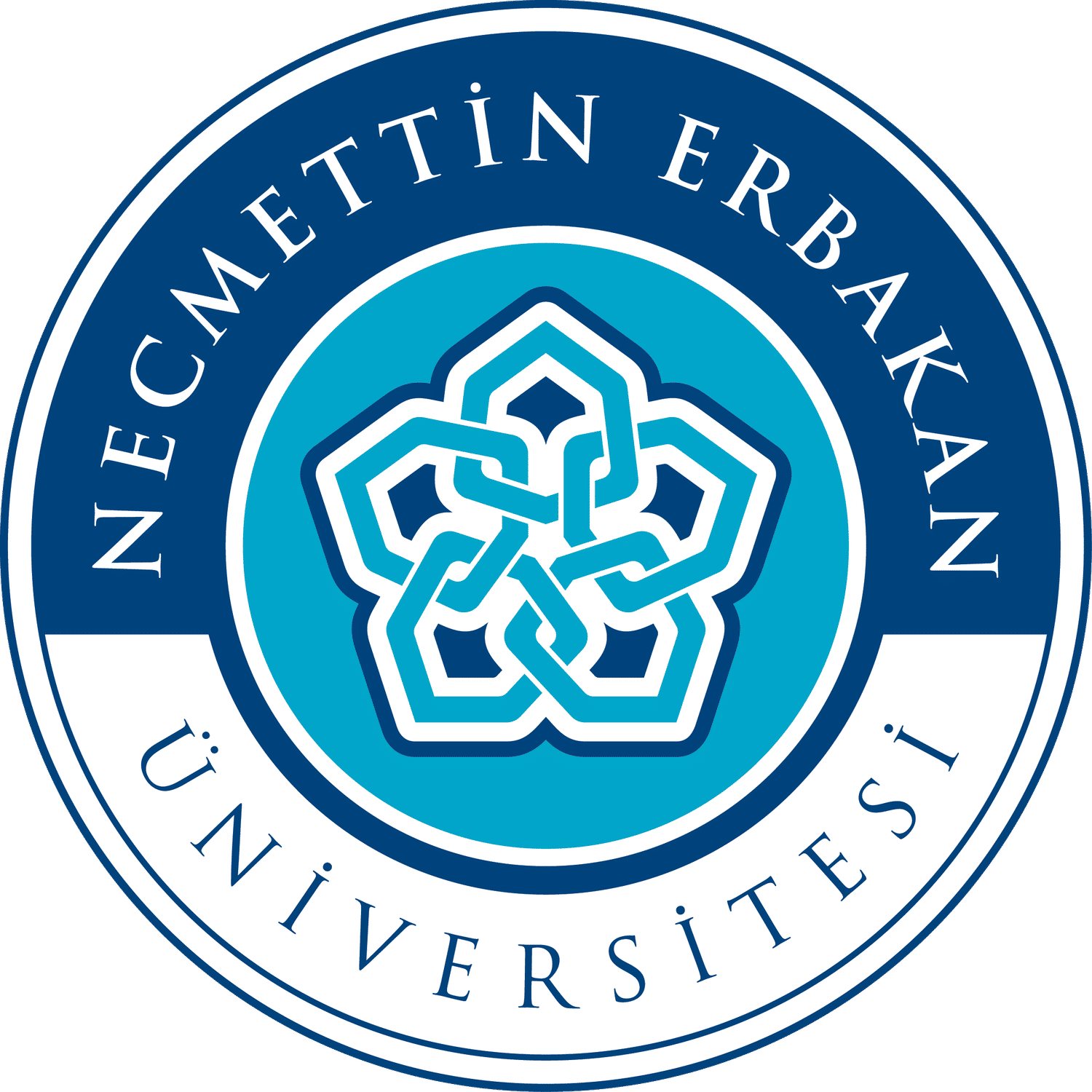预约演示
更新于:2025-05-07

Aksaray University
更新于:2025-05-07
概览
关联
34
项与 Aksaray University 相关的临床试验NCT06829030
Comparıson of the Effectıveness of Intramuscular Dıclofenac Sodıum and Subcutaneous 5% Dextrose Injectıon in Patıents Applyıng to the Emergency Department Wıth Low Back Paın.
The aim was to compare the effectiveness of intramuscular diclofenac sodium and subcutaneous 5% dextrose injection in patients presenting to the emergency department with low back pain using the visual analog scale (VAS).
开始日期2024-07-15 |
申办/合作机构 |
NCT06213961
The Effect of Pecka Kucha Presentation on Basic Life Support Training on the Knowledge and Practice Levels of Students Studying in Healthcare: Randomized Controlled Study
Basic Life Support (BLS) is the practice performed to ensure oxygenation of the lungs and pumping of blood from the heart without medication or medical intervention in a person whose breathing and/or heart has stopped (Tiryaki and Doğu, 2018). In the vast majority of out-of-hospital cardiac arrest cases, the chance of survival is very low. Therefore, early, accurate and effective first aid application is vital (Shahrakivahed et al. 2015). The low survival rates after cardiac arrest indicate that basic life support skills still need to be developed and proficiency maintained during cardiopulmonary resuscitation (CPR) (Everett-Thomas et al. 2016).
开始日期2024-03-27 |
申办/合作机构 |
NCT06591832
Effect of Virtual Reality-Based Relaxation Exercise on Postoperative Pain and Kinesiophobia After Total Knee Replacement: Randomized Controlled Study
The aim of this study is to evaluate the effect of virtual reality-based relaxation exercise on pain and kinesiophobia in patients after total knee arthroplasty.
开始日期2024-01-15 |
申办/合作机构 |
100 项与 Aksaray University 相关的临床结果
登录后查看更多信息
0 项与 Aksaray University 相关的专利(医药)
登录后查看更多信息
3,490
项与 Aksaray University 相关的文献(医药)2025-12-31·Geomatics, Natural Hazards and Risk
Determination of Anatolian Plate’s tectonic block boundaries with clustering analysis using GNSS sites velocities
作者: Aktuğ, Bahadır ; Şafak Yaşar, Şeyma ; Tiryakioğlu, İbrahim ; Özkaymak, Çağlar ; Erdoğan, Hediye
2025-08-01·Nurse Education Today
Metaphorical perceptions of nursing students toward sexuality during pregnancy: An example of metaphor analysis
Article
作者: Gökşin, İlknur ; Yüksel, Arzu
2025-05-01·International Journal of Biological Macromolecules
Production and characterization of chitosan-based superhydrophobic film bio-inspired by Verbascum sp. leaf
Article
作者: Yesildal, Tugce Karaduman ; Kaya, Murat ; Al-Jaf, Ivan ; Yilmaz, Bahar Akyuz ; Akyuz, Lalehan
100 项与 Aksaray University 相关的药物交易
登录后查看更多信息
100 项与 Aksaray University 相关的转化医学
登录后查看更多信息
组织架构
使用我们的机构树数据加速您的研究。
登录
或

管线布局
2026年02月08日管线快照
无数据报导
登录后保持更新
药物交易
使用我们的药物交易数据加速您的研究。
登录
或

转化医学
使用我们的转化医学数据加速您的研究。
登录
或

营收
使用 Synapse 探索超过 36 万个组织的财务状况。
登录
或

科研基金(NIH)
访问超过 200 万项资助和基金信息,以提升您的研究之旅。
登录
或

投资
深入了解从初创企业到成熟企业的最新公司投资动态。
登录
或

融资
发掘融资趋势以验证和推进您的投资机会。
登录
或

生物医药百科问答
全新生物医药AI Agent 覆盖科研全链路,让突破性发现快人一步
立即开始免费试用!
智慧芽新药情报库是智慧芽专为生命科学人士构建的基于AI的创新药情报平台,助您全方位提升您的研发与决策效率。
立即开始数据试用!
智慧芽新药库数据也通过智慧芽数据服务平台,以API或者数据包形式对外开放,助您更加充分利用智慧芽新药情报信息。
生物序列数据库
生物药研发创新
免费使用
化学结构数据库
小分子化药研发创新
免费使用
